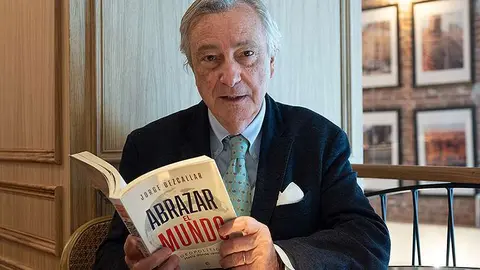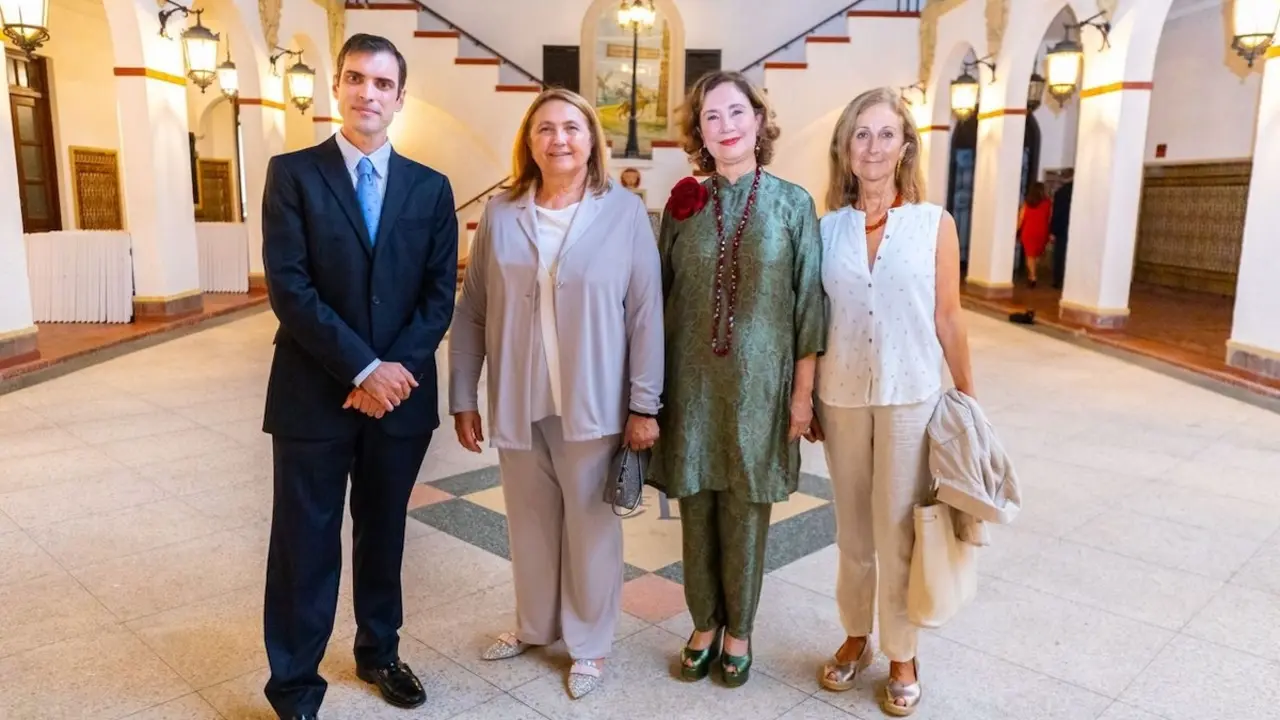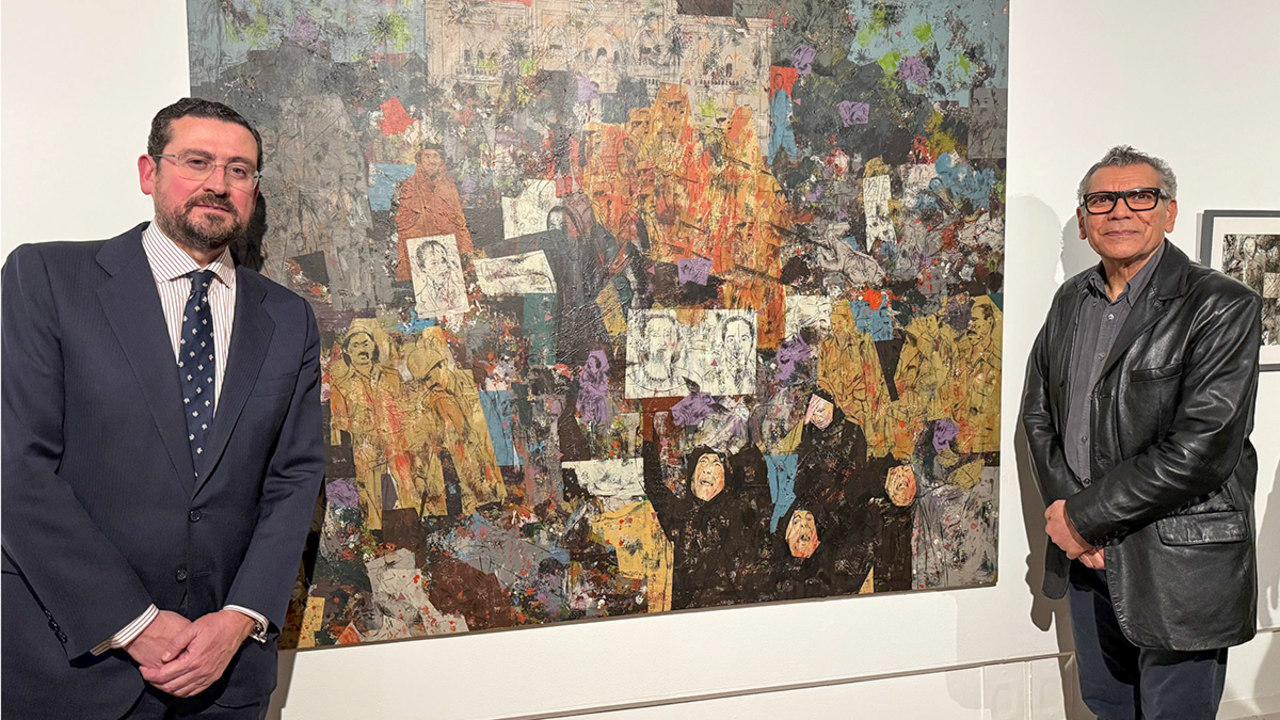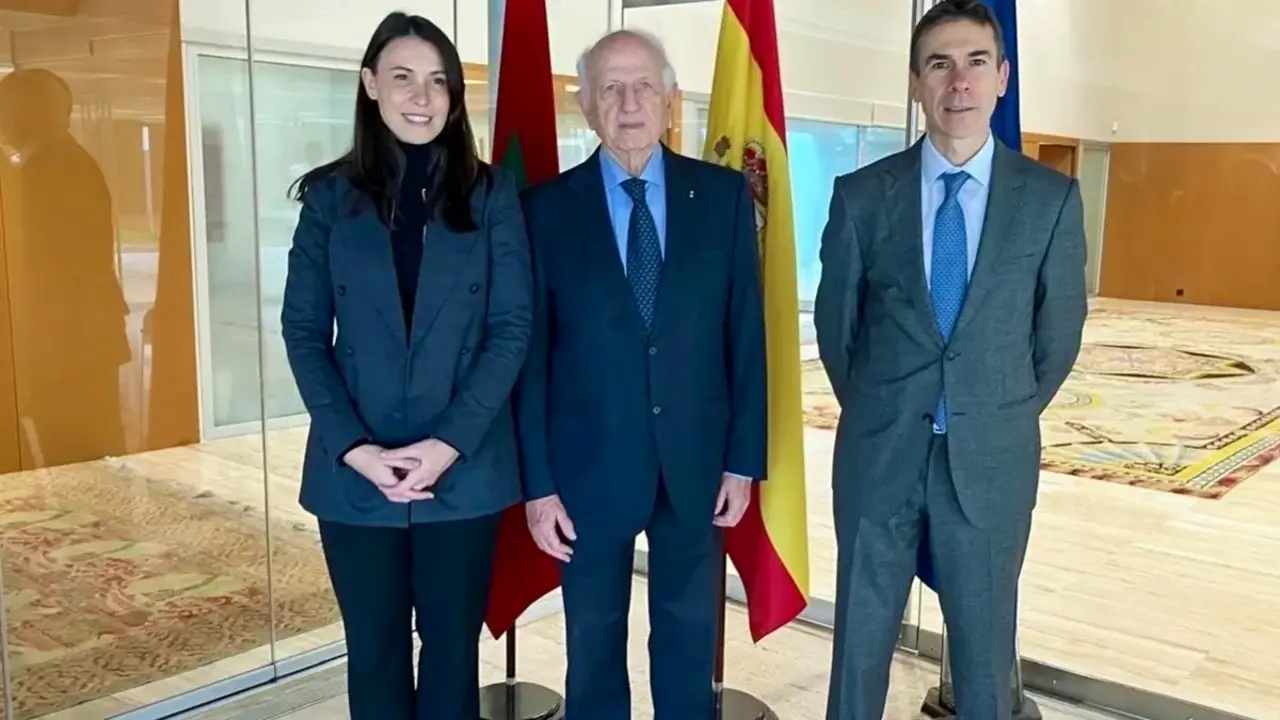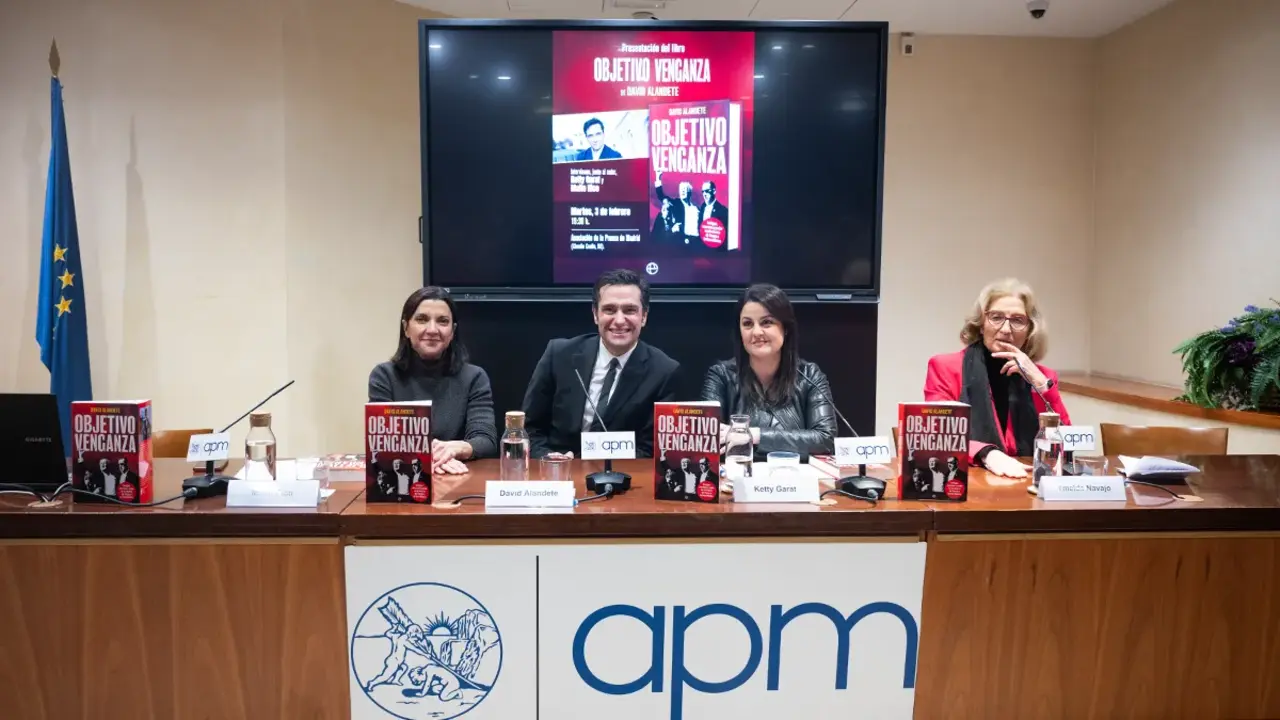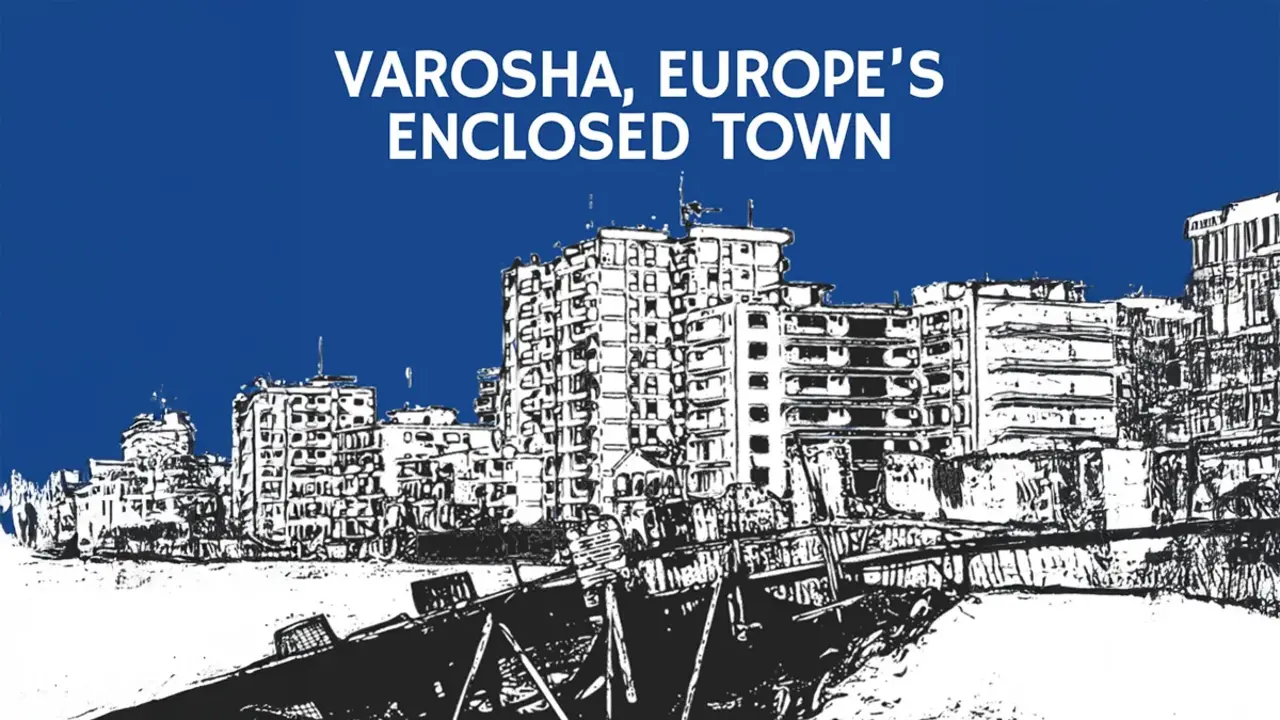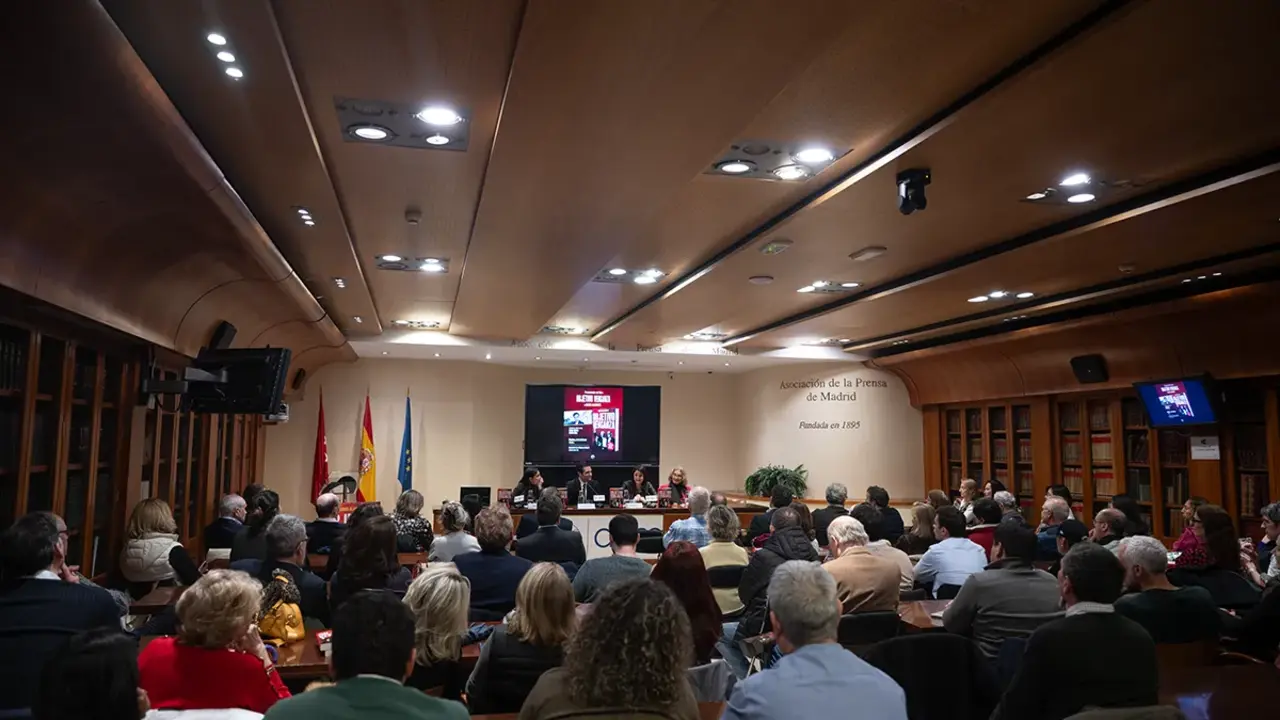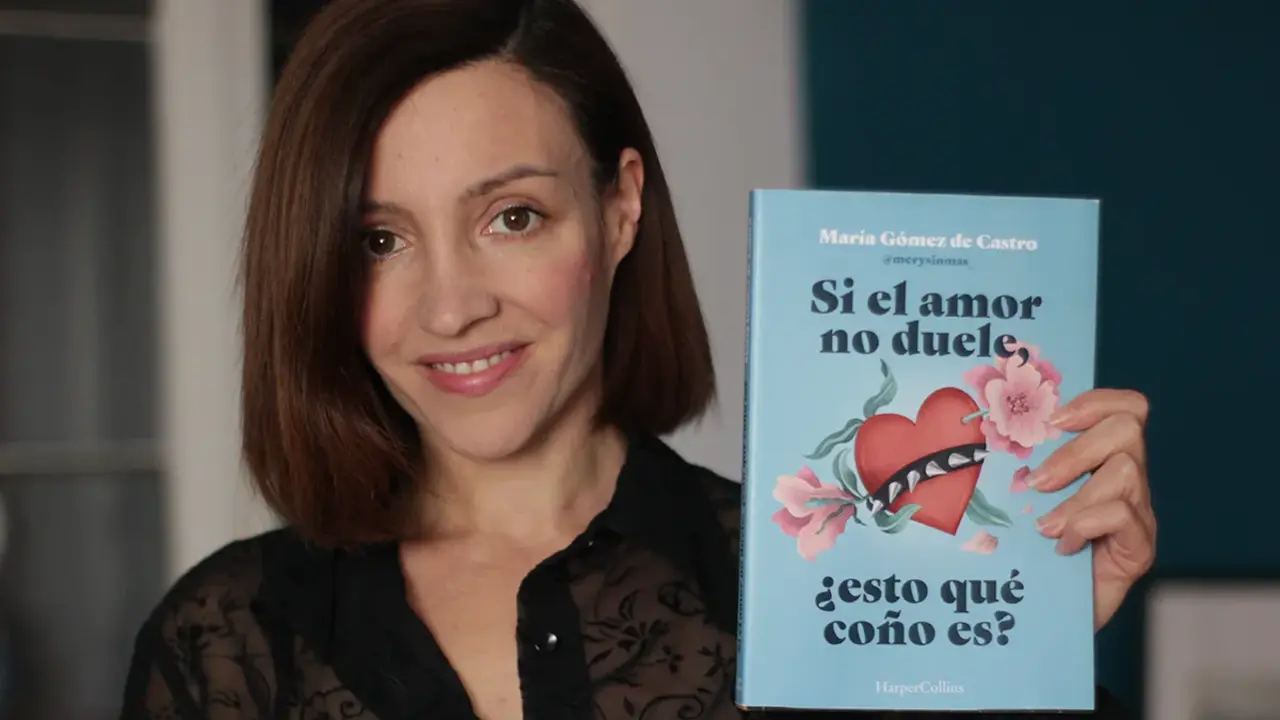"The crisis in Ukraine has postponed Europe's necessary strategic autonomy"
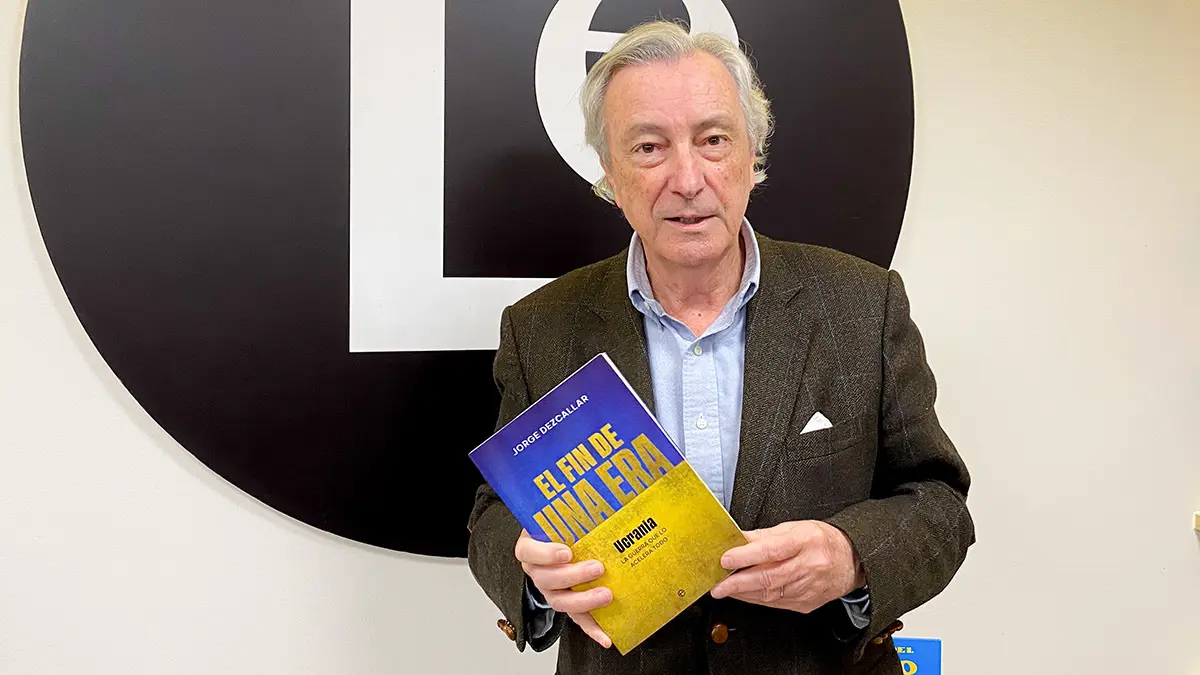
"We are facing a very complicated world: we are witnessing the end of an era, of the world as we know it; Russia has given a kick to Europe's strategic order and we don't know what is going to happen". This is the diagnosis of Jorge Dezcallar, a career diplomat, Spanish ambassador to Morocco, the United States and the Holy See, and director of the National Intelligence Centre, on the current geopolitical situation, marked by the conflict in Ukraine.
His latest work, "The End of an Era", published by La Esfera de los Libros, addresses the war in Ukraine not only as a conflict in itself, but as the trigger for a paradigm shift in the world, with a progressive displacement of economic power from Europe to Asia.
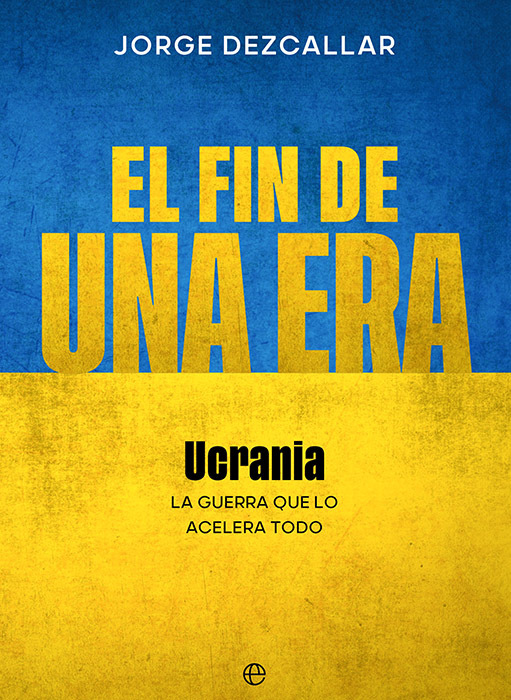
During the presentation of the book at the Lé bookshop in Madrid, Dezcallar explained the change that is taking place in Europe, "which was established in 1945, after the Second World War, at the Bretton Woods and San Francisco conferences, and which does not respond to the current reality. The world has changed since 1945, but the UN Security Council still has the same five permanent members, ignoring, for example, India's demographic strength. And the emerging countries want a new distribution of power in organisations such as the IMF and the World Bank.
The war in Ukraine
On Russia's invasion of Ukraine, the diplomat said that "Russia wants to return to the dominance it had in the time of the tsars or the Soviet Union, but it no longer has the capacity to do so. That is why it is invading Ukraine, to create a security zone, just as Hitler did in his time. It worked out well in Crimea, a military operation that resulted in international sanctions that amounted to barely 1% of Russia's GDP. But in Ukraine it has been complicated because he did not count on Finland joining NATO and Sweden applying for membership. As a result, NATO's borders have moved closer together rather than further apart".
According to Dezcallar, Russia argues that part of its population was left outside its borders when the Soviet Union disappeared and it has the right to protect it: "Putin even argues that Ukraine does not exist, that it was an invention of Lenin. The problem is that if we accept this theory, Russia could continue to invade other countries like Latvia or Moldova".
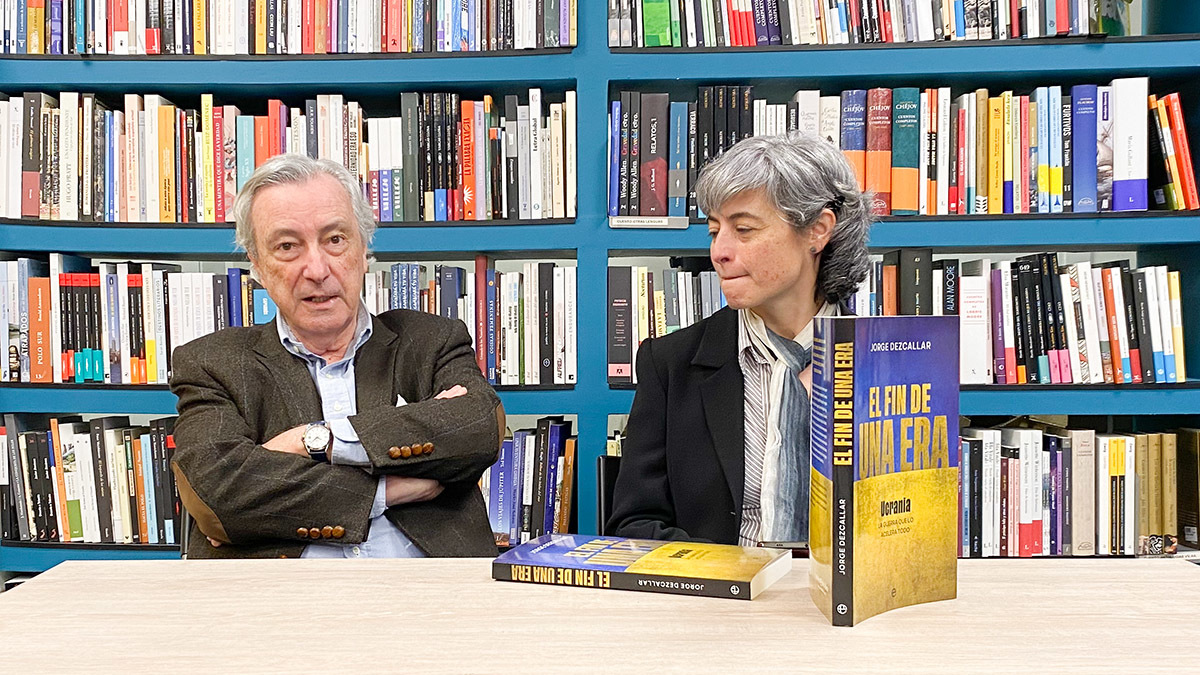
As for the support of both contenders, Dezcallar argues that 'many countries in the global south see the war as a border fight between rich countries and believe that the West behaves hypocritically, because it did not react like that when the US invaded Iraq or in the Israeli-Palestinian conflict. Moreover, Russia has helped many African and South American countries gain their independence.
The former ambassador does not see an easy solution to the conflict: "it could be, if Ukraine accepts, a solution like in Korea, around a territorial delimitation. The big difference is that in Europe there are not going to be 30,000 US troops enforcing that agreement".
The Gaza conflict
During the retired diplomat's talk with journalists, the Gaza conflict was also discussed, "which has been a real gift for Putin, because it removes Ukraine from the front pages of the newspapers and accentuates the tiredness of international support for Ukraine".
In his opinion, "without first resolving the issue of the hostages, a solution to the conflict cannot be found. Hamas's demands, which include Israel's withdrawal from Gaza, are not acceptable to Israel, which has withdrawn the Mossad from the talks in Doha. In these cases, we know that intelligence services pave the way and diplomacy puts the icing on the cake".
Dezcallar criticised the fact that Europe has not been able to adopt a common position on the issue: "Spanish public opinion is dismayed by what it is seeing, but the request by Spain and Israel has no future. There are countries like Germany or Austria that have a bad conscience because of what happened in World War II and they are more tolerant of Israel. It is complicated, but in any case Hamas should not be confused with the Palestinians, nor should anti-Semitism be confused with anti-Zionism".
The future of Europe
As for Europe's future, Dezcallar believes that "the crisis in Ukraine has postponed Europe's necessary strategic autonomy. We have been relying for years on the United States to take over most of NATO's defence and that, if Trump gets to the White House, will come to an end. The problem is that Europe as such does not exist: it is not a superstate, it does not have a common foreign and defence policy; and if we are not going to be an important actor in the new international order, it will be very difficult for us to maintain our standard of living".
For the diplomat, "Europe needs to unite: with Trump's threat to leave NATO and move closer to Putin, Europe may suddenly find itself in an open field, raining and without an umbrella".

